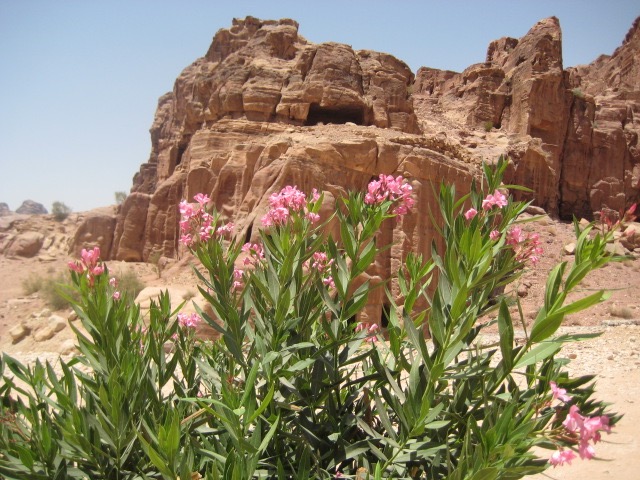Norwegian Refugee Council Curriculum Development Consultancy in Jordan, April to July 2017: Update
Fumiyo Kagawa and David Selby have completed their three-month curriculum development consultancy on behalf of the Norwegian Refugee Council (NRC) in Jordan. Originally intended for the April to June 2017 period, the work was extended by an additional month.
Their primary task has been to develop the curriculum and learning/teaching materials for the Summer School Learning Support Program for Syrian refugee children living in host communities and their Jordanian students counterparts whose learning potential has not been fully realized. Participants in the Program have tended to show low achievement, limited ability to take advantage of learning opportunities in regular classes, low accomplishment in developing basic learning skills and capacities and, for all these reasons, are at risk of dropping out. The summer vacation is a particularly stark time of disconnection from learning for such students. It can be a time when both their learning goes backwards and their sense of learning purpose in life recedes.
The program that Fumiyo and David has developed comprises a two-month intensive course of study and active learning covering three levels: Level A (grades 1 and 2), Level B (grades 3 and 4) and Level C (grades 5 and 6). Students take courses in Arabic, English, Mathematics and Life Skills/Arts at each Level alongside a program of recreational activities. The program provides an invaluable opportunity for Syrian and Jordanian students to learn and interact together. One of the key intentions is to strengthen social cohesion across the school community and beyond.
Lessons employ a wide variety of ‘best practice’ approaches to learning aimed at accelerating student progress, fostering skills development, building self-esteem and confidence in their own abilities, and fostering love of learning. The learning is active (i.e. it engages students in active enquiry and practice), it is participatory (i.e. it involves students in working together to learn), it is interactive (i.e. it engages students in conversation, debate and discussion); it is student-centered (it builds from what students already know and have experienced, and it acknowledges that what the students think and have to contribute is a good starting point for their further learning). The learning is also diverse. Students learn through discussion, song, movement, art and drawing, drama and role-play, surveys and advocacy in class and out in their own community. All this involves a change in the role of the teacher to support which Fumiyo and David have devised Training of Trainer and Teacher Training programs and support materials. They have also devised a Parental Engagement Toolkit to involve parents in the learning of their children in multiple ways.
Woven through all subjects forming the Summer School Learning Support Program, but most thoroughly in Life Skills/Arts, are a number of crosscutting themes. These include: Self-esteem; Self-awareness; Cooperation; Communication: Sharing; Caring; Social Cohesion; Personal Relationships; Empathy; Combatting Bullying; Conflict Avoidance and Resolution; Futures; Water, Sanitation and Hygiene (WASH); Water and Environmental Conservation; the Refugee Experience.
Additional to developing the Support Program the Sustainability Frontiers team have been engaged in a curriculum and learning materials review of the education program being followed by 13-15 year olds at Norwegian Refugee Council Learning Centres in Azraq and Zaatari refugee camps in Jordan. A report, with recommendations, for new developments and directions has been submitted to the Council following Fumiyo’s second visit to Jordan early in July where she delivered a three-day Training of Trainers event and conducted camp education stakeholder interviews.

